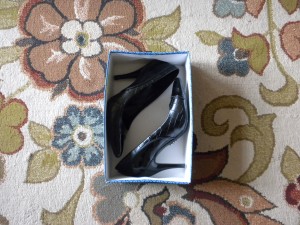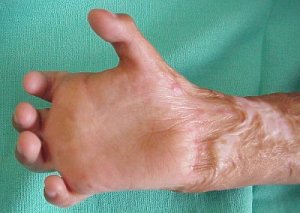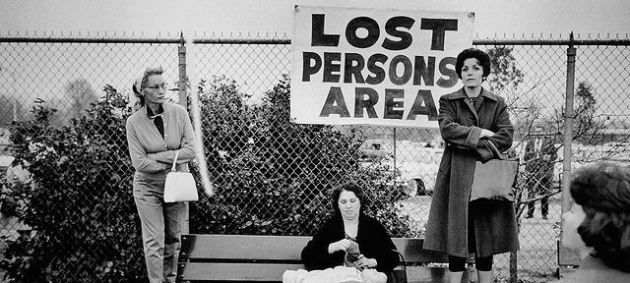The old testament consists of 613 commandments. Reading through old testament law can feel daunting especially when considering that following those commandments is no longer the route to salvation. (Thanks to Jesus’ death on the cross!) However, I have found a lot of beauty reading about the laws specifically related to sacrifices. There is purpose and prophecy in every sacrifice–the most evident symbol being the spotless lamb that represents the innocent and pure Lamb of God, Jesus Christ, shedding His precious blood for the sins of the world.
While reading about the various sacrifices one in particular stood out to me: the wave offering.
I didn’t understand its significance. I didn’t understand how waving a portion of meat before the Lord could be considered a suitable sacrifice.
Upon further exploration I realized just how meaningful and purposeful it was. I found this definition online: “A wave offering was a portion of a sacrifice presented to God, then released by God for the use of those involved in the sacrifice.”
In Numbers 8:5-25, the Lord tells Moses to gather everyone in the tabernacle and lay hands upon the Levites. Then, Aaron will offer the Levites before the Lord like a wave offering from the children of Israel so that the Levites may perform the work of the Lord.
The Levites went on to perform service in the work of the tabernacle; and after they retired from working, they ministered with and attended to the needs of their brothers. The Levites were the chosen tribe from the children of Israel. They were specifically called, offered to, and then released by the Lord to be used to serve their Israeli brethren (the ones who “sacrificed” them).
Living in the age of grace does not require us to follow old testament law, but I think there is still something special to this concept of offering a wave sacrifice to our Lord.
From now on, as I lift my hands in worship I will think of myself as a wave offering. I will present my best to God as a sacrifice with the expectation that He will release me back to be used in His kingdom.



